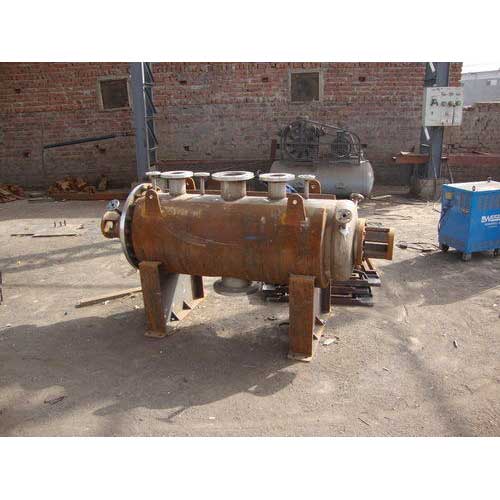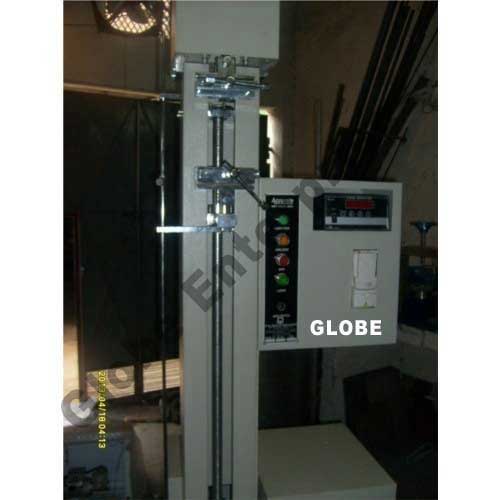Schedule a Call Back
Solar Manufacturing - Imperative for Government Intervention - KPMG report
 Industry News
Industry News- Aug 01,14
Mumbai/Delhi July 30, 2014: ISMA (Indian Solar Manufacturers' Association) in collaboration KPMG have published their white paper on solar manufacturing in India. The paper highlights that given the strategic need for solar power in India, a holistic policy to encourage domestic solar manufacturing is the need of the hour. ISMA is a body representing 25 domestic solar manufacturers from India, an apex organisation of solar manufactures in the organised sector all over the country.
The paper notes that Indian Manufacturing Policy recognises solar manufacturing to be of strategic importance. However, the solar manufacturing industry has been facing challenging times because of various factors including lack of a level playing field and various global factors. These have not allowed the industry to develop economies of scale and an end-to-end supply chain.
It is estimated that about 100 GW of solar capacity shall be established in the country by 2030. If a sustainable domestic manufacturing industry is promoted, it can save USD 42 billion in equipment imports. It will also create 50,000 direct new jobs and more than 125,000 indirect jobs in the next 5 years. The presence of solar manufacturing within the country will also result in better energy security as it would prevent potential supply side disruptions since the country would not be dependent on imports.
The report highlights the striking similarity of the solar manufacturing industry today with the electronics industry in the past and suggests urgent measures to avoid repeating the same mistakes. The country currently imports over USD 30 billion of electronic goods annually making it the 4th largest item in India's import basket contributing to 23% of India's trade deficit. This situation could have been prevented, if the electronics industry was supported during the nascent stage. The cost of catch-up today is enormous and despite efforts to prop up the domestic electronics industry, we have not been able to curtail the massively growing electronics imports. This is because many critical drivers such as skilled manpower, economies of scale, R&D capability and the entire ecosystem need sustained government support over a period of time.
Mr Ashwani Sehgal, President, ISMA said, "Indian solar manufacturing is competitive but suffers due to lack of incentives that are provided to solar manufacturers in other nations. 40% of the India solar producers have shut down with the industry utilization at just 21%. Countries with ambitious solar energy generation plans such as China, USA and Japan have strongly supported domestic manufacturers through a number of trade and manufacturing incentives to make them even more dominant in the coming years. These measures include loans at reduced interest, credit guarantees, capital subsidies, tax holidays, antidumping measures and preferential domestic procurement amongst others."
According to Santosh Kamath, Head of Renewable Energy, KPMG in India, "While supporting domestic manufacturing industry could result in moderately higher price of solar power in the short run, the cost curve would fall in the medium term as scale and supply chains develop. The concerns over unavailability of solar panels or sharp price rise can be allayed given that adequate manufacturing capacities exist in countries such as South Korea, Japan, Mexico and Singapore. There is a cost difference of about 5-10% between the largest Chinese solar panel supplier and the largest Singaporean solar panel supplier indicating availability of competitively priced imports"
The report notes that if solar manufacturing is backed by reliable long term demand on a level playing field, there would be substantial investments by solar equipment producers. Some global players may also invest in the country to make the country an export base .The entry barriers for solar capacity creation is low and gestation time for green-field investments is only 6-12 months. Thus a robust domestic industry will not only offset the higher costs of solar power today but would generate additional revenues through investments and taxes in the long run. The net benefit to the Government owing to promotion of solar manufacturing has been pegged at USD 1.1 billion over the next 10 years owing to employment and taxes benefits.
KPMG in India is the Indian member firm of KPMG International and was established in September 1993. It strives to provide rapid, performance-based, industry-focused and technology-enabled services, which reflect a shared knowledge of global and local industries and its experience of the Indian business environment. KPMG in India provides services to over 2,700 international and national clients in India and has offices in Ahmedabad, Bangalore, Chandigarh, Chennai, Delhi, Hyderabad, Kochi, Kolkata, Mumbai and Pune.
Related Products

High Pressure Reactor
Karadani Engineering Pvt Ltd is supplying a wide range of high pressure reactor.

Tensile Strength Tester
Globe Enterprises offers a wide range of tensile strength tester.

Din Abrasion Tester
Asian
Test Equipments offers a wide range of DIN abrasion
tester.















